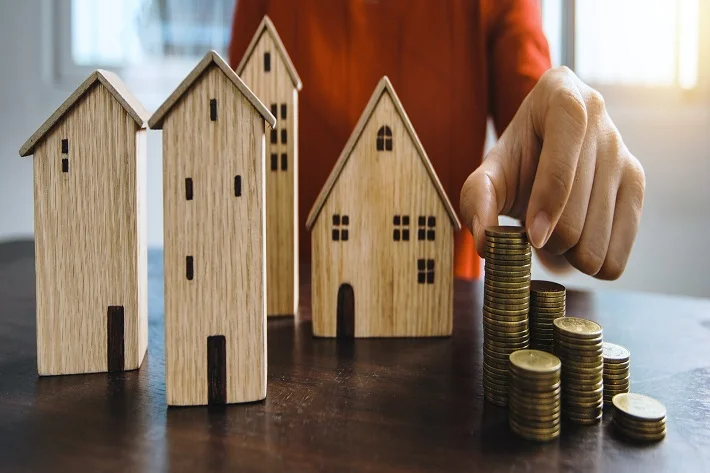Saving money for a deposit is usually the first step towards climbing the property ladder. Estate agents in Leeds recommended keeping money aside for a deposit at least 6 to 12 months before you even start the process of house hunting. Essentially, saving for a deposit beforehand will help you determine exactly how much you can afford to pay for your new home and how much money you can afford to put down as the deposit. With that being said, saving money for a deposit can be quite difficult, especially if you are on a tight budget.
First and foremost, you need to figure out how much you need and start saving accordingly. Usually, buyers are expected to put down anywhere from 5 per cent to 20 per cent of the value of the property as the deposit. The more money you are willing to put down as a deposit, the lower the rate of interest which is beneficial in the long run. Also, potential buyers who are willing to pay a higher deposit have a higher chance of getting a mortgage pre-approval as compared to those who pay a smaller deposit. If you are thinking of buying a home in the UK soon, here are some ways that you can save money for your mortgage deposit.
Try to cut down on everyday spending
Skip the coffee that you buy from your local coffee shop on the way to work and drink coffee at home instead. Try to cook meals at home as opposed to going out to eat every few days. Get rid of any unused subscriptions, be it a magazine subscription or a gym membership. Try to avoid the temptation to shop online, especially when the sales are on. You need to go through your bank statements and try to figure out where you are spending the maximum amount of money and which of those expenses is unnecessary.
Reduce your utility bills
The amount of energy that you use will determine the cost of your energy bill. So, you need to try to cut down your utility bills. Turn the lights and fans off when you leave the house. In fact, if you leave the bedroom to go sit in the living room, turn everything off in the bedroom. Invest in a smart thermostat so that you do not waste hundreds and hundreds of pounds of electricity bills. Buy energy-efficient appliances as these will drastically reduce your energy bills in the long term. All you have to do is be a little mindful and you will notice a distinct difference in your energy bills.
Try to save money every week
Let’s say you have a budget for every week, be it £50 or £500. Now, you want to try to save as much money as you can every week. It does not matter if you have a few pounds left or a few hundred pounds. The point is that you are consciously trying to spend less money every week to make sure that you have money left over to save every week. As the months go by, you will certainly be able to accumulate quite a lot. You can either set a goal to save a certain amount of money every week or you can put aside whatever you have left, the choice is yours. However, setting a budget will probably keep you more motivated!
Start a savings account
Now that you have managed to reduce your everyday expenses, you will have some extra money in your bank account. Start a new savings account and transfer this extra money into that account. Every month your savings account will earn some interest and over time the money will accumulate. Make sure that you do not use the money from your savings account for anything other than your future deposit. A little bit of financial planning and dedication will certainly help you save for your deposit.
Set aside a fixed amount, monthly
Let’s assume you get your salary in the first week of the month. Now, you want to set aside a certain amount of money before you spend it all on rent, food, shopping, transport costs, utility bills and so on. The best way to do that is by deciding on a certain amount and keeping that money aside every month. That way, you are saving money and reducing any unnecessary expenditure.
